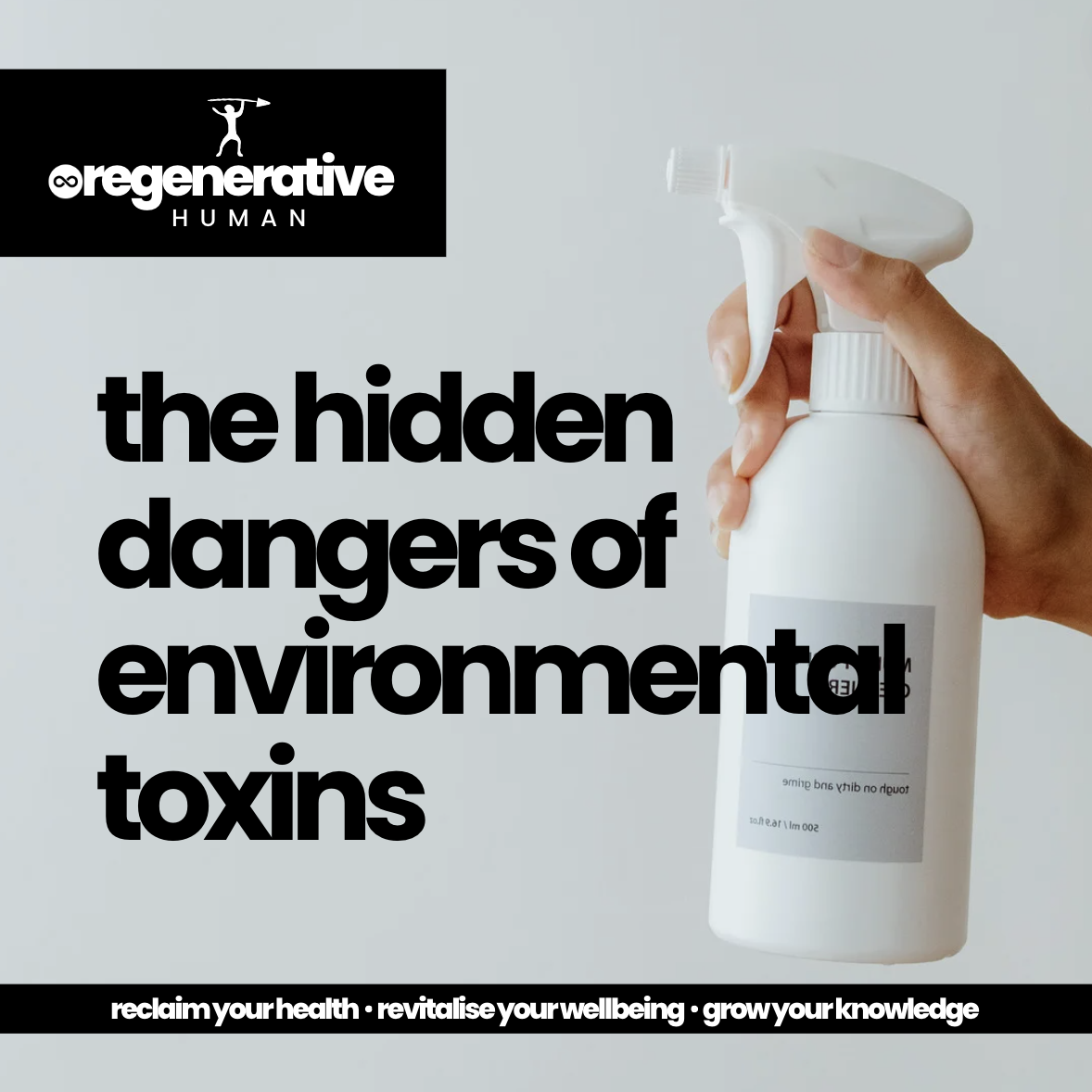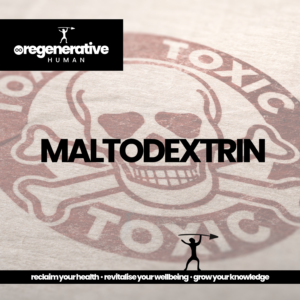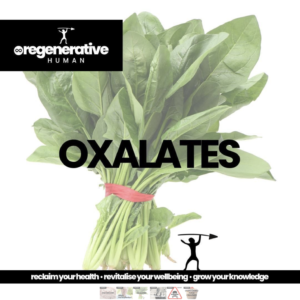In our modern world, we are constantly exposed to a myriad of environmental toxins, often without even realising it. These toxins, found in pesticides, cleaning products, cosmetics, and other everyday items, can have profound impacts on our health. Prolonged exposure to these substances has been linked to various diseases and detrimental effects on our bodies.
Pesticides
Pesticides, commonly used in agriculture to protect crops, are among the most pervasive environmental toxins. While they help in increasing food production, they also pose significant health risks. Many pesticides contain chemicals that can disrupt endocrine function, leading to hormonal imbalances. These imbalances can cause reproductive issues, developmental problems in children, and an increased risk of cancers, particularly hormone-sensitive ones such as breast and prostate cancer.
Cleaning products
Cleaning products, another major source of environmental toxins, often contain harsh chemicals that can be harmful when inhaled or absorbed through the skin. Ingredients like ammonia, bleach, and phthalates are common in household cleaners and can lead to respiratory issues, skin irritations, and long-term health problems such as asthma and chronic bronchitis. Volatile organic compounds (VOCs) in these products can also contribute to indoor air pollution, exacerbating allergies and other respiratory conditions.
Cosmetics
Cosmetics and personal care products are not exempt from containing harmful substances. Many cosmetics include parabens, formaldehyde, and other preservatives that have been linked to cancer, reproductive harm, and endocrine disruption. Heavy metals like lead and mercury, sometimes found in makeup and skin creams, can accumulate in the body over time, leading to neurological damage and kidney dysfunction.
Effect of exposure
The cumulative effect of exposure to these environmental toxins can be profound. They can weaken the immune system, making the body more susceptible to infections and chronic diseases. Furthermore, toxins can disrupt cellular processes, leading to oxidative stress and inflammation, which are underlying factors in many chronic conditions, including cardiovascular diseases and diabetes.
Reducing exposure
To reduce exposure to these harmful substances, individuals can take several precautionary steps. Choosing organic produce can minimize pesticide intake. Opting for natural, non-toxic cleaning products and cosmetics can significantly reduce the amount of harmful chemicals we introduce into our bodies. Additionally, being aware of product labels and ingredients can help in making safer choices.
In conclusion, while environmental toxins are a pervasive part of our daily lives, understanding their sources and effects can empower us to make healthier choices. By reducing exposure to these harmful substances, we can protect our health and reduce the risk of developing serious diseases.





